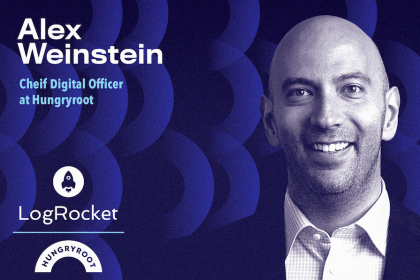
Monitoring customer experience KPIs helps companies understand customer satisfaction, loyalty, and the overall experience.

Clark Woolstenhulme talks about how he’s introduced agile to companies that hadn’t used it before and as the challenges that came with that.

The A3 problem-solving framework uses a single A3-sized sheet of paper to document the entire problem-solving process.

Social commerce occurs when companies use social media platforms to sell products or services to a targeted group of users.

Jason Mariasis discusses how he works to bring all departments together to build a shared understanding of the customer’s perspective.

Cross-selling is the process of introducing complementary products or services that add additional value to a current sale or post sale.

Josh Patrick talks about effective conversion rate optimization (CRO) techniques, such as trust builders and safety and security measures.

Data-driven road mapping refers to the process of using quantitative and qualitative data to create a roadmap for a digital product.

A sequence diagram is composed of several key components that provide a clear and detailed view of how system elements collaborate over time.

Jieying Zheng, Chief Product and Technology Officer at Bellhop, talks about how she promotes repeat customer behavior in the moving industry.

In this post, I share the story of a team that overcame declining productivity through effective specialization, clear missions, and gradual change.

Alex Weinstein talks about how Hungryroot has been able to drive industry-leading retention in a saturated field via differentiation and AI.